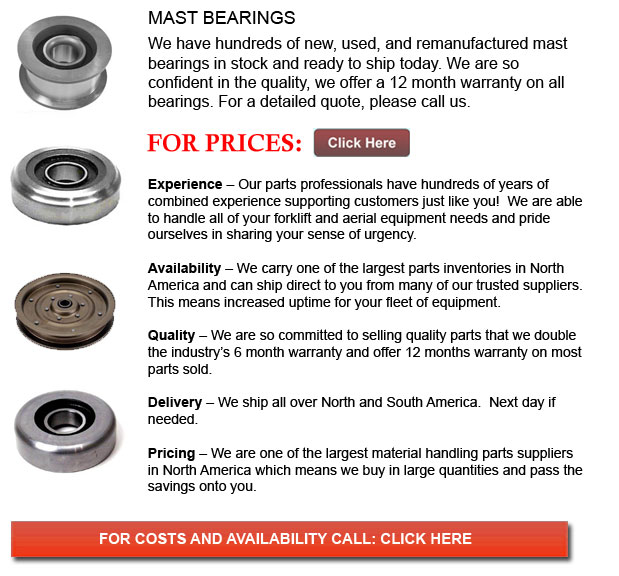
Mast Bearings - A bearing is a device which enables constrained relative motion between at least 2 parts, often in a linear or rotational sequence. They can be generally defined by the motions they permit, the directions of applied loads they could take and according to their nature of use.
Plain bearings are normally used in contact with rubbing surfaces, usually along with a lubricant such as oil or graphite as well. Plain bearings could either be considered a discrete gadget or non discrete device. A plain bearing could comprise a planar surface which bears one more, and in this instance will be defined as not a discrete tool. It may comprise nothing more than the bearing exterior of a hole with a shaft passing through it. A semi-discrete instance would be a layer of bearing metal fused to the substrate, while in the form of a separable sleeve, it would be a discrete device. Maintaining the correct lubrication allows plain bearings to be able to provide acceptable accuracy and friction at minimal cost.
There are other kinds of bearings which can enhance accuracy, reliability and cultivate effectiveness. In various applications, a more suitable and specific bearing could improve weight size, operation speed and service intervals, therefore lessening the total expenses of operating and buying equipment.
Several kinds of bearings with varying shape, material, application and lubrication are available. Rolling-element bearings, for instance, use drums or spheres rolling between the parts so as to lower friction. Reduced friction provides tighter tolerances and higher precision as opposed to plain bearings, and less wear extends machine accuracy.
Plain bearings are normally constructed using different types of plastic or metal, depending on how corrosive or dirty the environment is and depending upon the load itself. The type and function of lubricants can considerably affect bearing friction and lifespan. For example, a bearing can function without any lubricant if constant lubrication is not an alternative in view of the fact that the lubricants could draw dirt that damages the bearings or device. Or a lubricant could improve bearing friction but in the food processing business, it can need being lubricated by an inferior, yet food-safe lube so as to avoid food contamination and ensure health safety.
The majority of bearings in high-cycle uses need some cleaning and lubrication. They may require regular adjustment to reduce the effects of wear. Various bearings can require irregular maintenance in order to prevent premature failure, even though magnetic or fluid bearings can need not much maintenance.
A clean and well lubricated bearing will help extend the life of a bearing, nevertheless, several types of uses can make it more hard to maintain constant repairs. Conveyor rock crusher bearings for instance, are normally exposed to abrasive particles. Frequent cleaning is of little use in view of the fact that the cleaning operation is costly and the bearing becomes contaminated once again once the conveyor continues operation.
![]() Click to Download the pdf
Click to Download the pdf
Forklift Parts
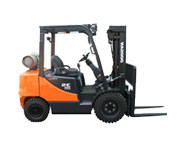
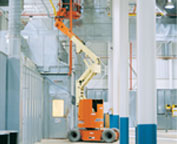
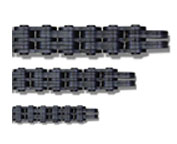
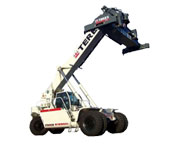
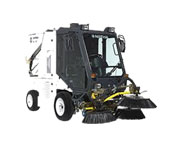
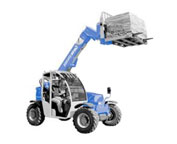
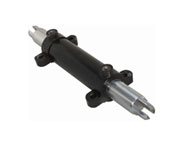
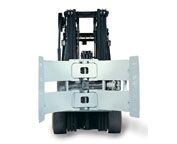
Lift Parts Express
TOLL FREE: 1-888-695-7994
Anchorage, Alaska
forkliftpartsanchorage.com
Email Us
About Us


